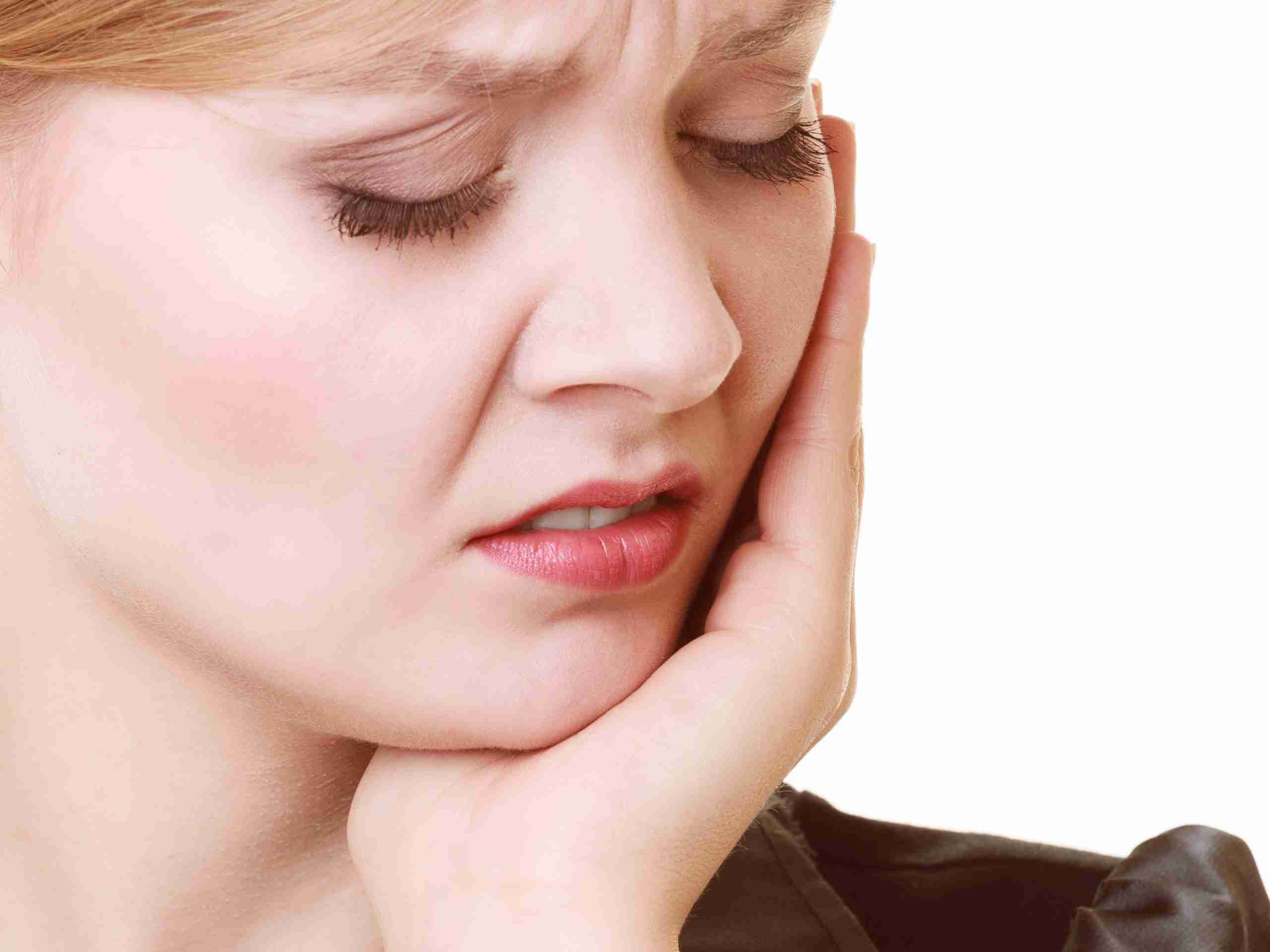SENSITIVE TEETH
Sensitive teeth feel sore when exposed to changes in temperature, as experienced when eating hot or cold foods and when breathing in air. Discomfort is felt through the teeth because the condition of the tooth is weak, causing nerves within the dental pulp to respond to these changes.
The tooth may twinge or suddenly have a passing ache. Tooth sensitivity can develop into full blown toothache and oral pain if the underlying causes of sensitive teeth are not treated by a dental professional.
Causes of Tooth Sensitivity
- Tooth sensitivity can result from a range of factors, including:
- Worn tooth enamel from improper teeth brushing technique
- Receding gums
- Plaque and bacteria build-up damaging tooth structure
- Highly acidic and sugary foods eroding tooth enamel
- Unsafe teeth whitening or bleaching
- Oral infection in dental structures or gum tissue
- Oral or gum disease, such as gingivitis, periodontitis, caries and cancer
- Teeth grinding habits or bruxism
- Broken, chipped and cracked teeth



























